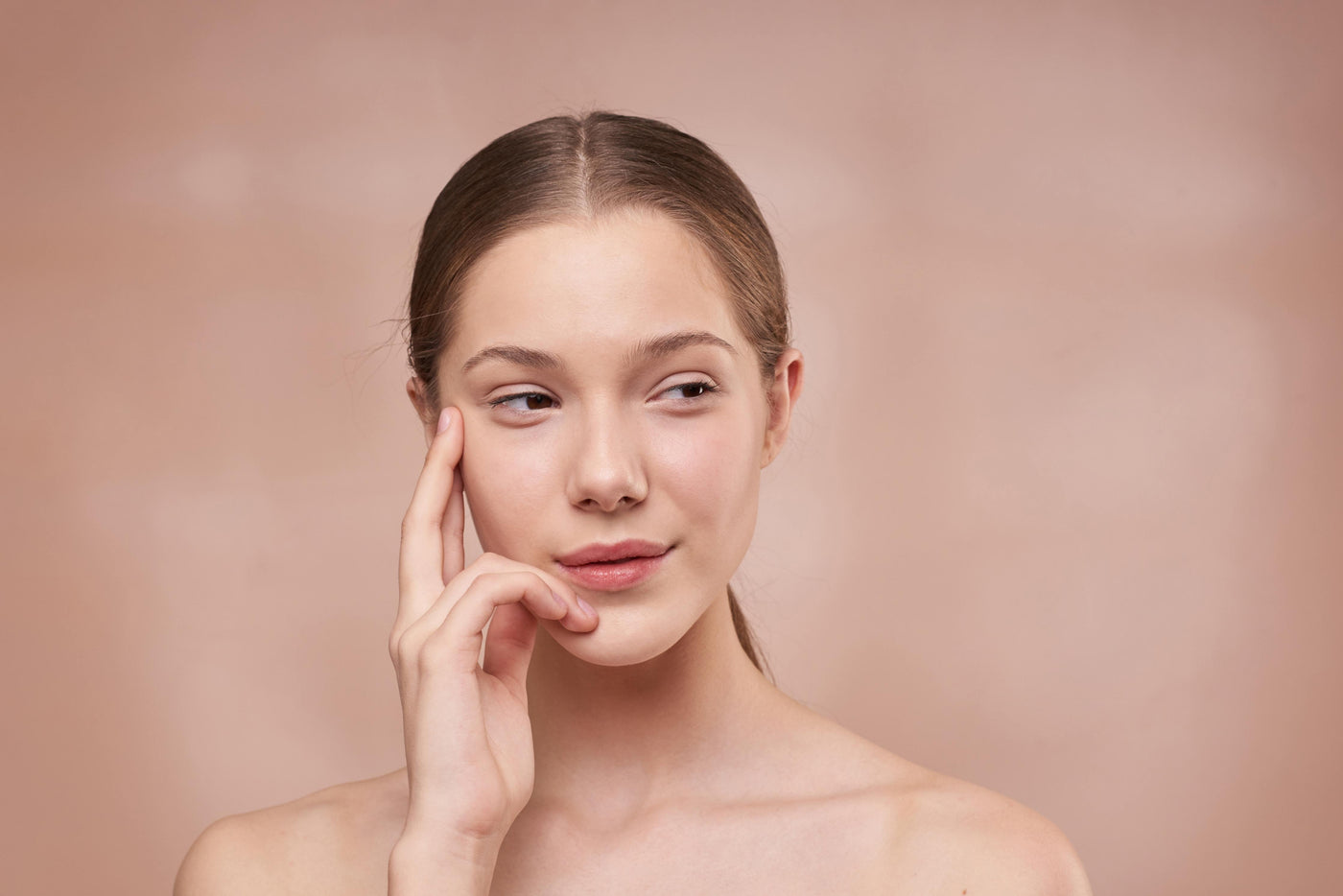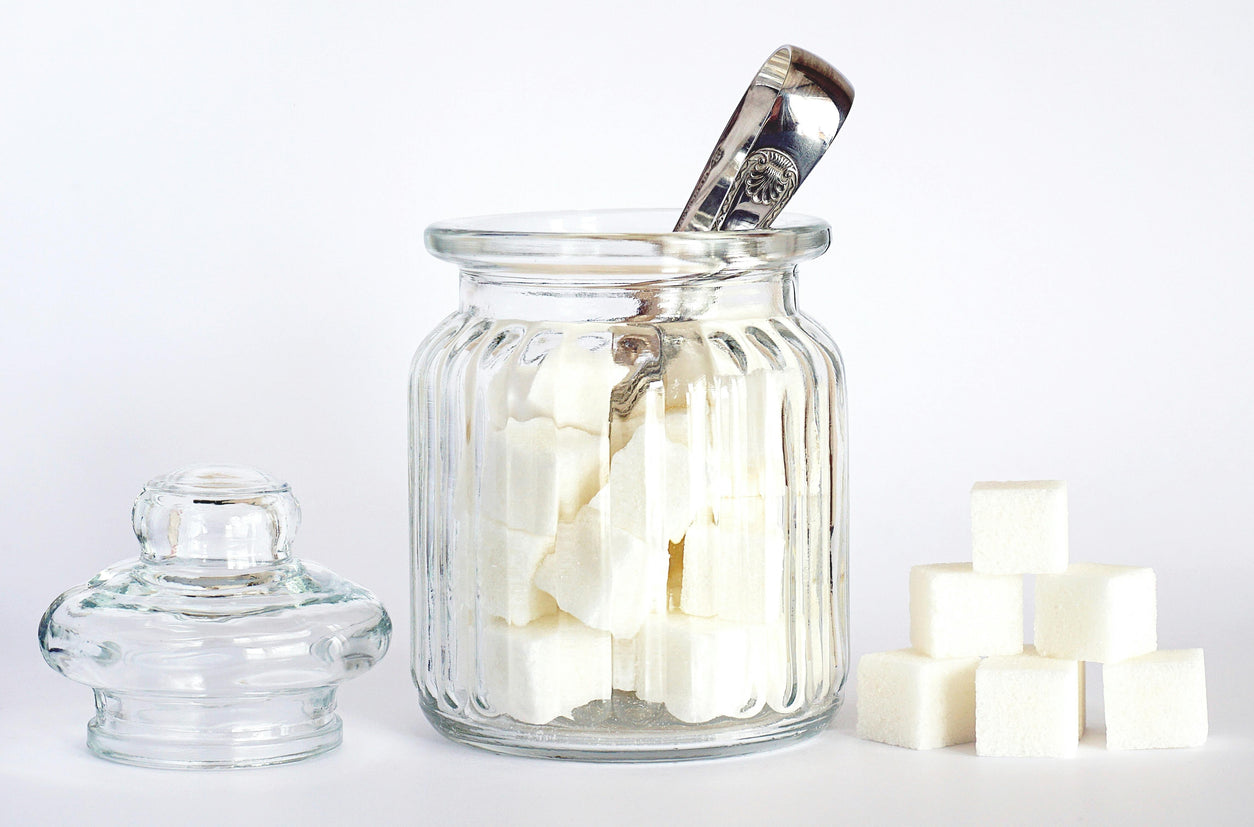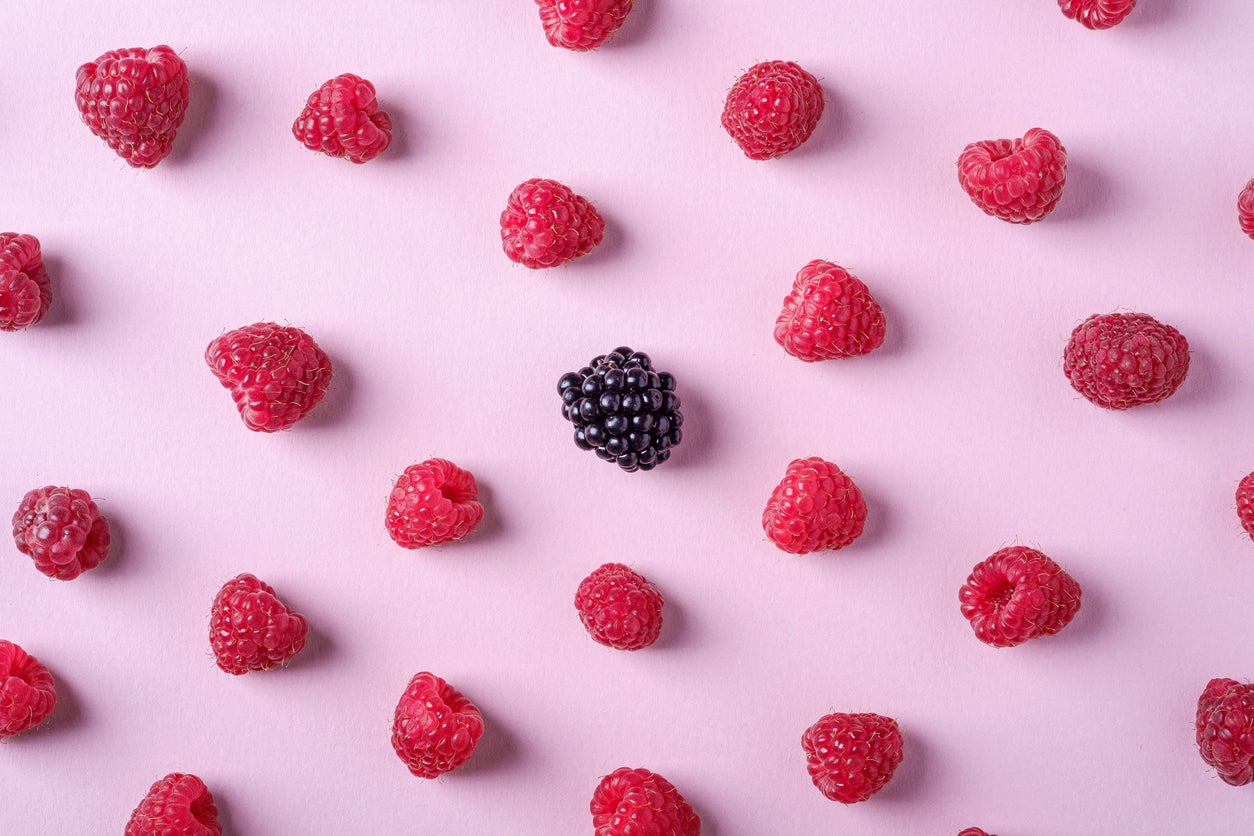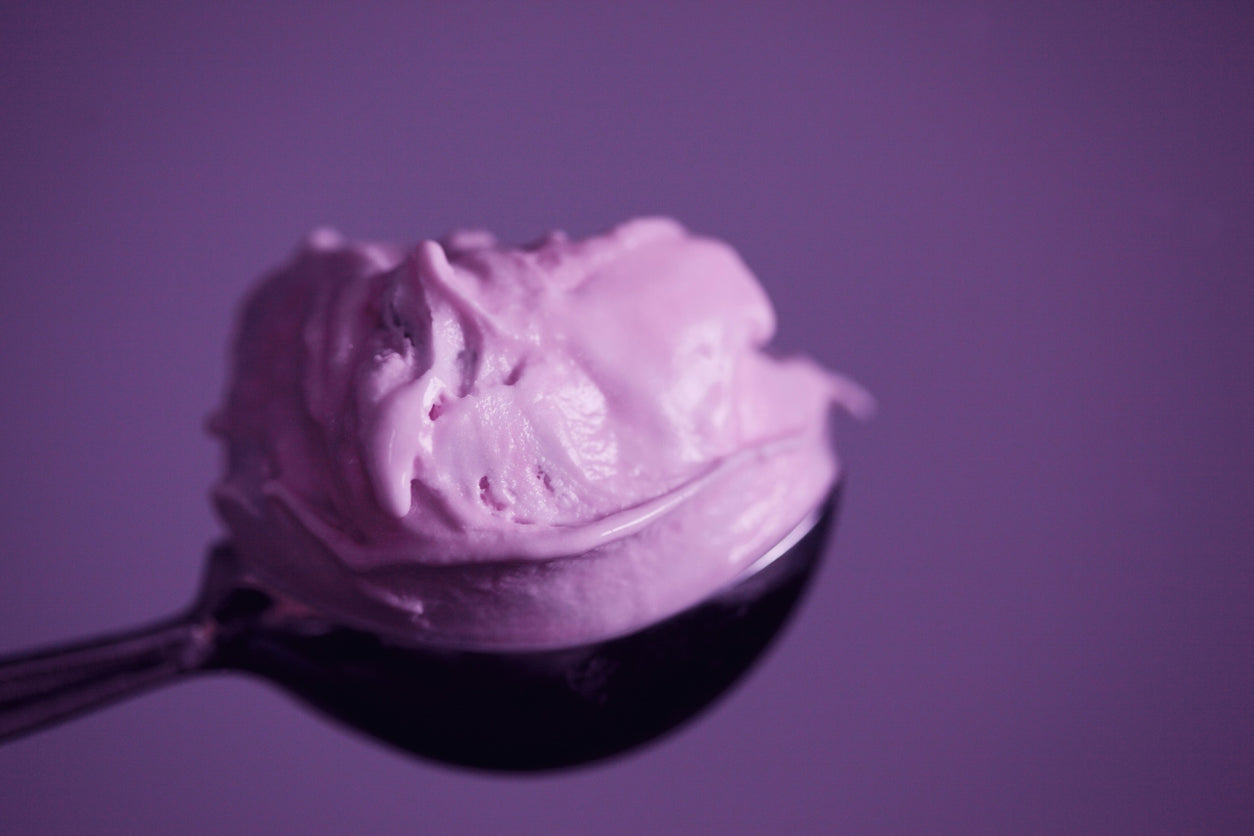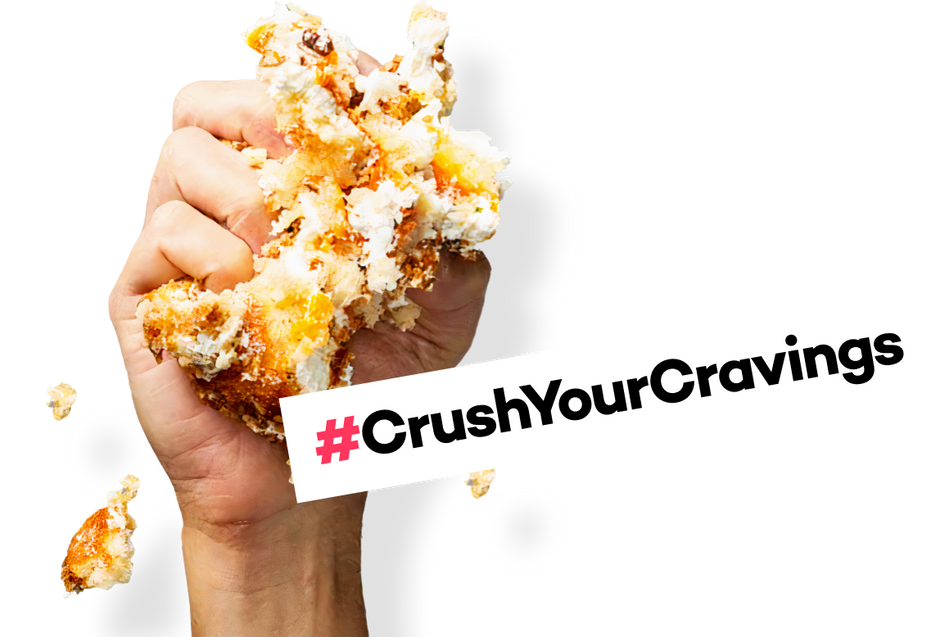We all know how greasy, fast foods can wreak havoc on our skin, but have you ever thought about the effects of sugar on skin?
As it turns out, the sun isn’t the only enemy the skin has: a habit of excess sugar consumption can have noticeable negative effects on your skin’s appearance, robbing you of that glowing complexion you’ve always wanted. It can even speed up the ageing process, so the answer to the question “is sugar bad for your skin” is a resounding yes.
You’re probably already aware of sugar’s other “gifts” like cavities, fatigue, diabetes and high blood pressure, but if you’re experiencing premature ageing or frequent breakouts, you might not jump to sugar as the culprit.
Let’s take a look at the two major effects of sugar on the skin: inflammation and ageing. Stick with us, it’s about to get sciency.
What is inflammation?
A spike in your blood sugar will cause your pancreas to release insulin. This absorbs the sugar. However, if there’s too much sugar, it can’t effectively absorb it all and causes inflammation inside your body. This extends to your skin, leading to pimples, blackheads and whiteheads.
If you already have an inflammatory skin condition such as acne, eczema, dermatitis, rosacea or psoriasis, this inflammation can trigger or worsen your symptoms.
So, does sugar cause acne?
In short, yes. The more sugar you take in, the higher the risk of moderate to severe acne breakouts.
In addition to inflammation, as your body releases insulin in response to rising sugar levels, your oil glands increase production. The more oil you produce, the more likely you are to get acne.
As you eat more and more sugar, you may develop insulin resistance. This can actually cause unwanted excess hair growth and for dark patches to start appearing on your neck and body creases like the armpits.
How does sugar cause ageing?
Sugar triggers a natural process called glycation. This is where the sugar in your blood attaches to proteins or lipids inside the body. This creates harmful advanced glycation end-products - AGEs.
The more sugar you consume, the faster the process of glycation which causes AGEs to accumulate and damage the proteins collagen and elastin.
Collagen and elastin are both proteins found abundantly in the body and known as the building blocks of the skin. These are what give your skin its shape, structure and firmness, as well as working to repair and replenish skin cells, keeping your skin healthy looking.
With glycation, collagen and elastin are broken down, meaning they lose both their elasticity and resiliency, unable to repair as they had before. As the skin gradually loses its strength, it starts to feel less firm, stiff and inflexible. You may start to notice sagging (sugar sag), wrinkles or even grooves appearing or deepening.
This process does happen naturally over time, but with excess sugar, you’re shortening your years of getting ID’d dramatically.
Anything else?
Well, actually yes. As well as damaging the building blocks of your skin, AGEs can deactivate the body’s natural antioxidant enzymes.
The job of these enzymes is to form the body’s endogenous defence mechanisms and protect against free radical-induced cell damage like harmful UV rays, pollution and blue light. That leaves you even more vulnerable to the sun’s rays - another huge factor in your skin’s health.
Can you reverse sugar damage to skin?
Unfortunately, existing sugar damage through glycation can’t be reversed, but it can be prevented. While sugar speeds up ageing, adopting healthier habits and reducing your sugar intake will in turn start to slow the skin glycation process. It’s never too late for lifestyle changes and to cut down on sugar.
Skin conditions caused by inflammation can be combated with a diet containing anti-inflammatory foods like berries, green tea, avocado, turmeric, extra virgin olive oil and even dark chocolate (but in moderation, of course).
A good skincare routine is always important, regardless of your diet. That being said, it’s worth keeping an eye out for products that contain collagen or are super high in vitamin C.
Cutting down on sugar is a great way to prevent this skin damage, but we know as well as anyone how hard it can be to do. It’s literally what we do.
How can you cut down on sugar (and save your skin)?
We know the internet is full of “tips”, “hacks” and TikTokers disguised as doctors claiming to have the magic formula to kick your sugar habit (really?!). It’s kind of overwhelming and downright frustrating.
The problem with most of these methods is that they ignore the one thing you really need to stop bingeing sugar: habit change.
Excess sugar consumption is a habit. Just like brushing your teeth or getting to work on time, it’s a habit that you can learn or unlearn with the right tools, information and mindset.
One of those tools is Killa Vanilla, a natural, scented vanilla stick. Our simple yet effective craving-killer combines neuroscience and habit change to help you break the cycle of sugar binges in just three months.
By reducing your sugar intake, not only are you preventing the damaging effects of sugar on skin and improving your skin’s texture and radiance, but you’ll also experience all the other benefits of giving up sugar. And trust us, there are so many.
So, let’s get started and save your skin.
